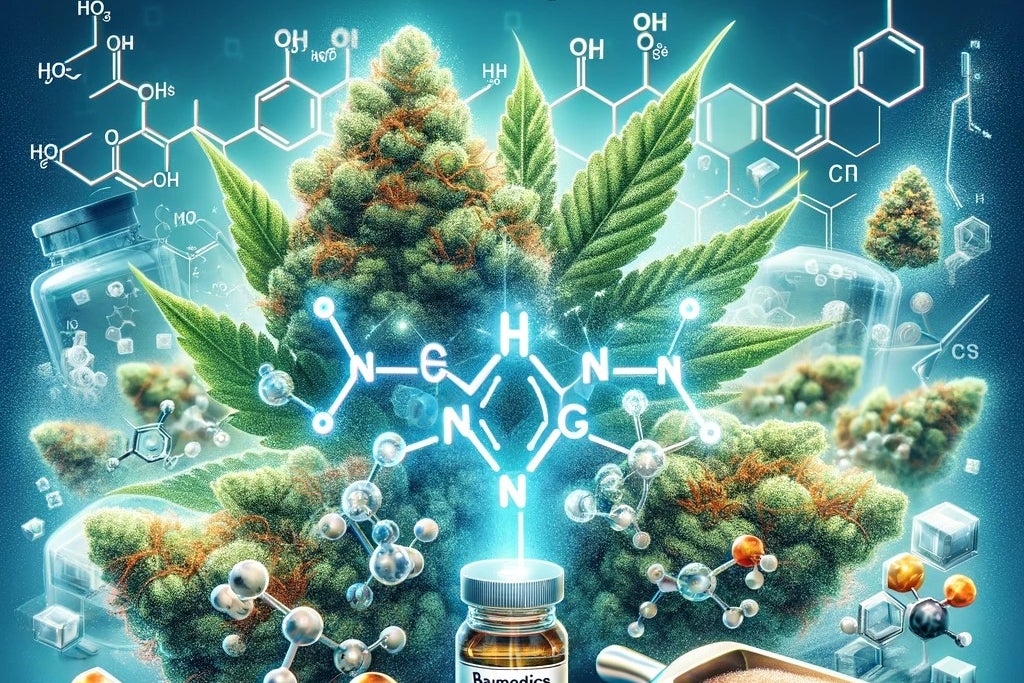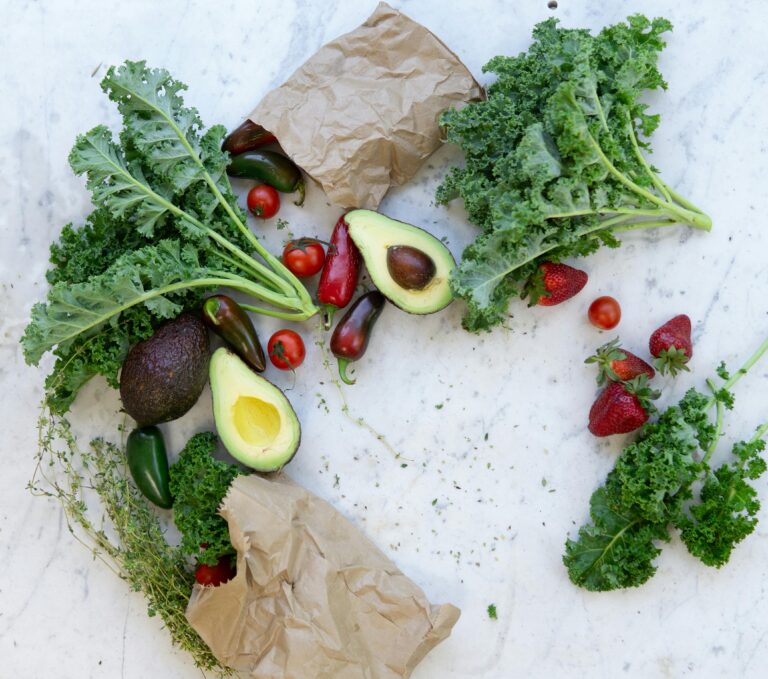Turning sugar into pure, pharma-grade rare cannabinoids: the company’s breakthrough
In an exclusive interview with Benzinga, Dr. Shane Johnson, MDSenior vice president and general manager of BayMedicaShed light on the company’s innovative approach to cannabinoid production.
With a background in cannabis and cannabinoid science, and credentials from Stanford University School of Medicine, Dr. Johnson is at the forefront of the scientific revolution.
How could BayMedica’s biosynthesis platform revolutionize cannabinoid production? And what are the main benefits for the cannabinoid industry?
“Previously, the cannabinoid market focused mainly on THC and CBD, but now we recognize the existence of around 150 cannabinoids, many with unique properties. This has led to increased sales of rare cannabinoids like CBN, CBG, CBC, THCV, etc. Johnson D can be extracted from hemp or produced by chemistry and precision fermentation.
The biosynthesis revolution
BayMedica’s pioneering biosynthesis platform is revolutionizing the production of rare cannabinoids. This innovative process turns simple sugars into pure, pharmaceutical-grade cannabinoids, bypassing the need for traditional plant cultivation or extraction.
This method uses common brewer’s yeast, and turns it into a biological plant for producing individual cannabinoids. This approach not only increases efficiency but also eliminates the use of toxic chemicals, pesticides and heavy metals.
“Modern manufacturing techniques primarily address the challenge of obtaining rare cannabinoids with high purity, which is difficult and expensive with plant extraction, especially for compounds like CBDP present in minuscule amounts, Johnson said. Pesticide use and soil contamination associated with plant cultivation.”
Precision Fermentation: A Game Changer
During fermentation, yeast converts sugars into significant quantities of target cannabinoids in a way that ensures maximum purity, free of contaminants and unwanted byproducts.
Compared to traditional methods, precision fermentation offers a cost-effective and sustainable alternative, especially for producing rare cannabinoids.
“Plants effectively produce THC and CBD, but for rare cannabinoids, chemical and biosynthetic methods are more cost-effective and efficient, (…) Examples of the efficiency of chemical synthesis include caffeine in energy drinks and Coke, which is typically synthesized. Due to the economic impracticality of extracting it in bulk from coffee beans or tea leaves, and to avoid the unwanted taste profile of naturally extracted caffeine, Johnson explained.
Similarly, vitamins such as vitamin A and vitamin D, used to fortify almost all milk, are also synthesized chemically, because natural sources do not provide these vitamins in sufficient quantities for bulk use.
Impact on Cannabinoid Markets
Johnson emphasized the rapid growth in the cannabinoid market.” Regarding cost, extracting a rare cannabinoid like CBDP from plants is highly impractical and expensive, potentially costing hundreds of thousands or millions per kg. In contrast, modern manufacturing can produce it for under $ 10K/kg in weight.
Cost Advantages and Industrial Applications
According to Johnson, precision fermentation offers significant cost and quality advantages over traditional cultivation and extraction, especially for rare cannabinoids.
This process allows for consistent, repeatable, high-quality production, essential for consumer packaged goods and pharmaceutical applications.
By making high-purity rare cannabinoids as ingredients, a formulator can create a finished product that has the same profile every time it is made, whether using a single cannabinoid or a defined ratio of half a dozen cannabinoids and thus giving the end consumer a consistent Effect and predictable experience, Johnson explains.
Especially as the entire cannabinoid industry matures and moves further into mainstream consumer packaged goods (CPG), consistency and repeatability goes from a good-to-have to a must-have.
Tailored cannabinoid formulations
BayMedica focuses on producing rare cannabinoids as ingredients, which allows formulators to create specific products for targeted effects.
Examples include formulations combining CBC and CBD for pain relief, and THC:THCV ratio products for an energy boost and less hunger-inducing high.
Photo: AI-generated image.
#Turning #sugar #pure #pharmagrade #rare #cannabinoids #companys #breakthrough
Image Source : www.benzinga.com







